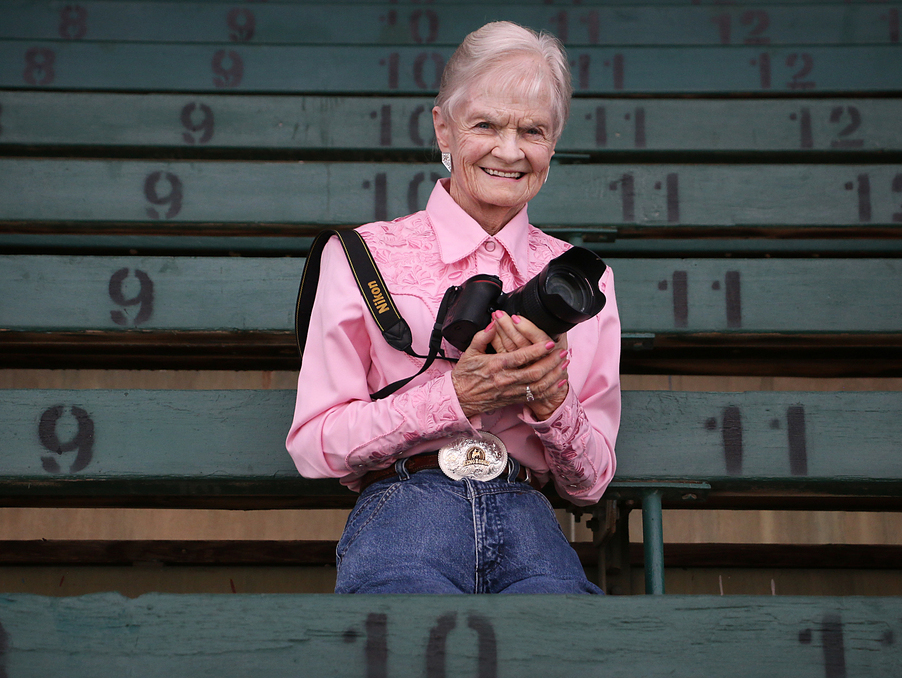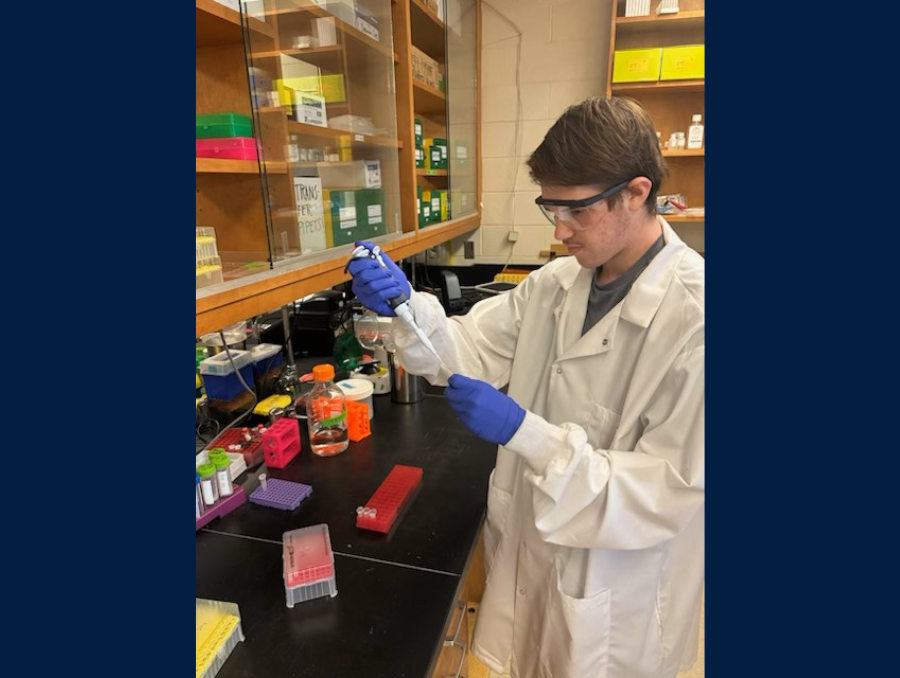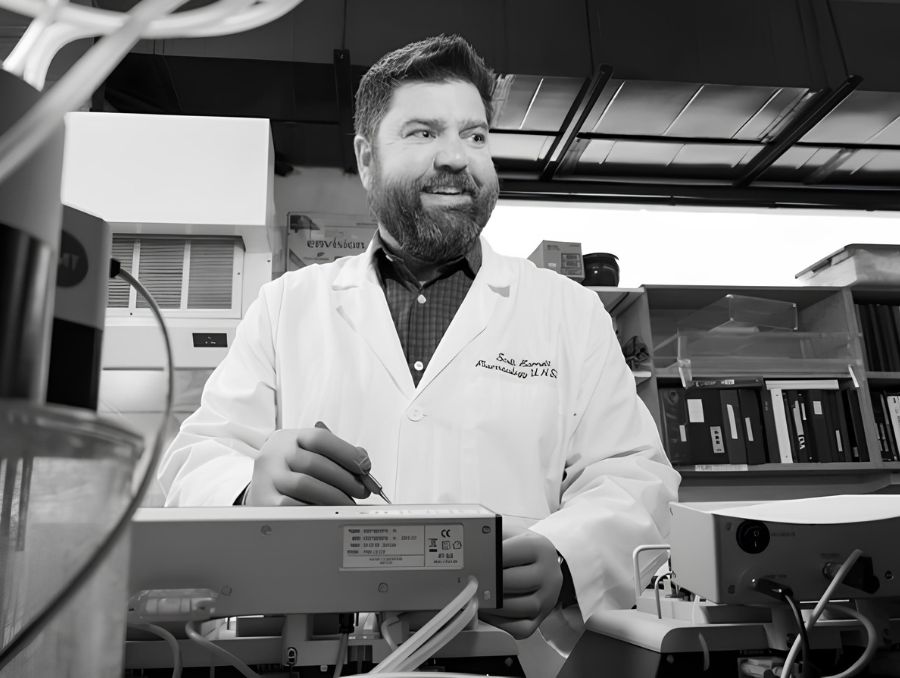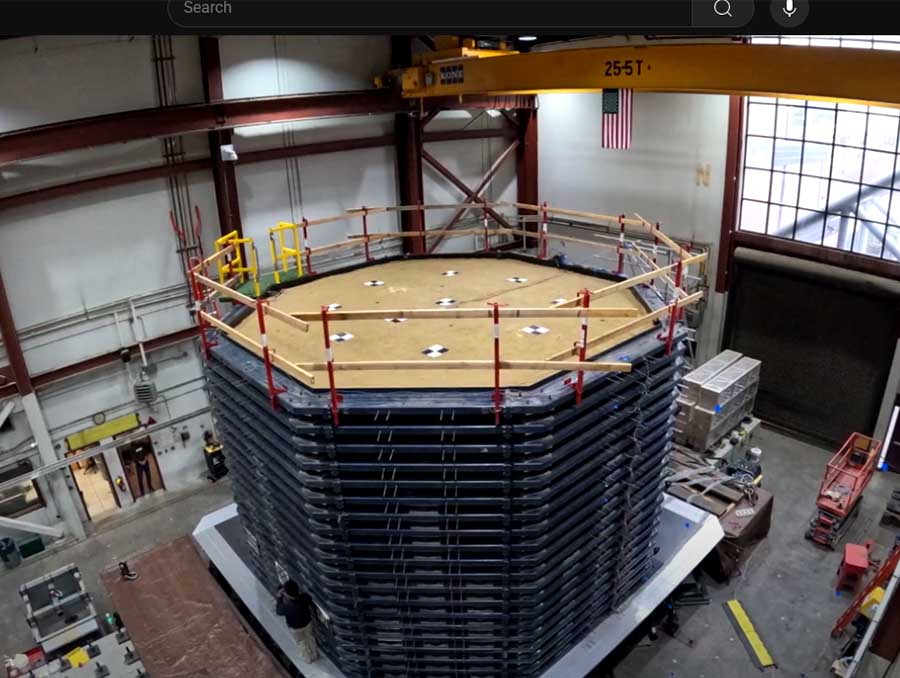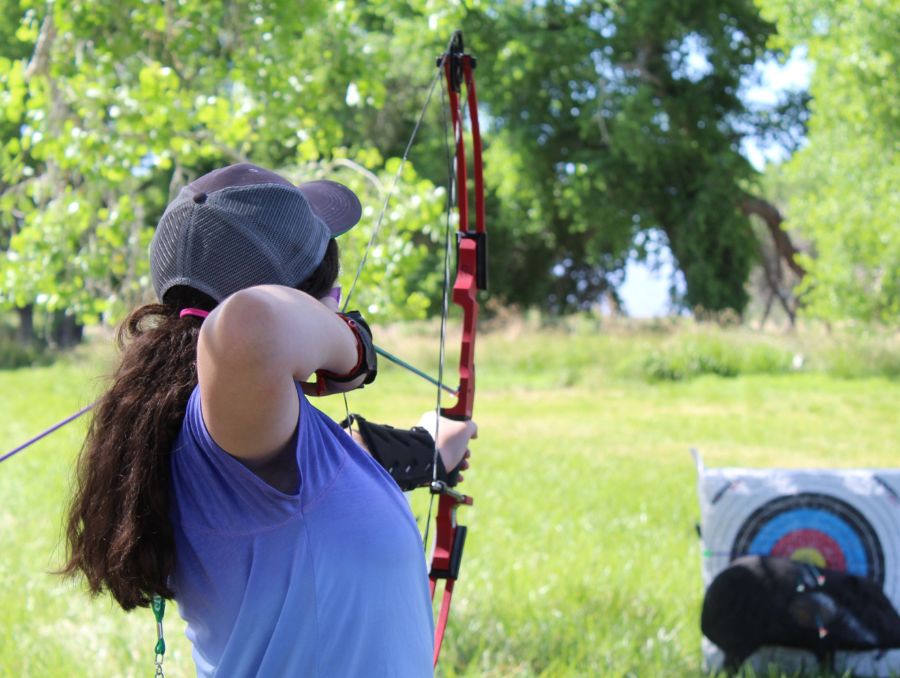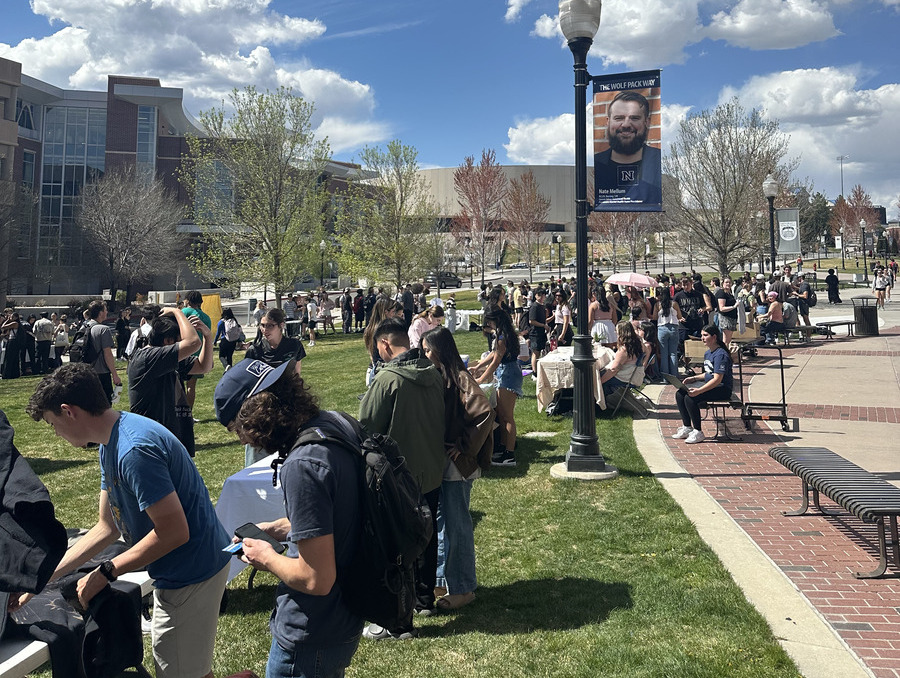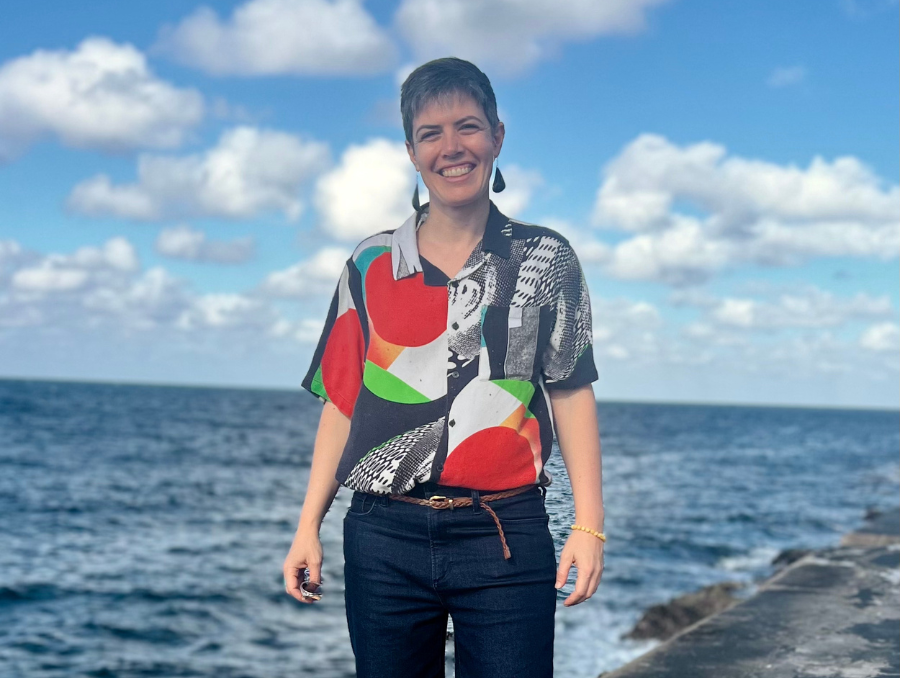The Nevada Recovery and Prevention Program received exciting news Thursday, May 28, at the 6th National Collegiate Recovery Conference, held at the University of Nevada, Reno. The program, which offers a safe and fun alternative for a substance free college experience, will officially become a University-funded student service.
NRAP was first created and housed at the University in Fall of 2011 with startup funds from the generous contributions of the Stacie Mathewson Foundation. Since its beginning, NRAP has grown from a few students meeting for impromptu 12-step meetings on the lawn of the University to a program with a large student base and two locations in Northern Nevada - University of Nevada, Reno and Truckee Meadows Community College. The parent program CASAT, Center for the Application of Substance Abuse Technologies, played a crucial role in founding NRAP and continues to provide substantial support to the continuation and growth of both program locations as well as opens doors to academic opportunities for the students at the University.
"We are going to provide state and student-fee funds to give this important program sustenance and welcome it as part of our student services," University President Marc Johnson said. "In the last three years, NRAP has proven there is a need for this program. With 70 core members that span across every one of our colleges, NRAP is a growing part of our institution. As part of the University's commitment to fostering the whole student - mind, body and spirit - we are committed to this element of health and recovery on campus."
Reaction from conference attendees around this news was incredibly enthusiastic.
"Institutional programs like this send a clear message: no one should have to choose between recovery and a college degree," Patrice Salmeri, president of the Association of Recovery in Higher Education, said. "College and University presidents want programs like this at their institutions."
David Mineta, deputy director of White House National Drug Control Policy, echoed Salmeri's sentiments.
"Congratulations to the University of Nevada, Reno on the institutionalization of this collegiate recovery program and the announcement today," Mineta said. "It shows programs like this are making an impact on college campuses."
According to Mineta, escalation of drug use and binge drinking increases dramatically between the ages of 12 and 24 which is the period in a person's lifetime where the most illicit substances are used. Additionally, 18-25-year-olds have a much higher rate of substance use where more than 17 percent meet criteria for a likely alcohol or other drug use disorder, which is almost one in five people.
"Programs like NRAP offer students who want to live a sober lifestyle a safe and fun community where they can meet others and not feel alone," Meri Shadley, associate professor and academic coordinator at the University's Center for the Application of Substance Abuse Technologies, said. "Recovery and sober living students challenge today's perceived norms of substance use on college campuses. To support them, NRAP focuses on overall wellness with a goal of supporting students to find acceptance, happiness, and connection throughout the University in order to thrive during their experience on campus."
NevadaToday

